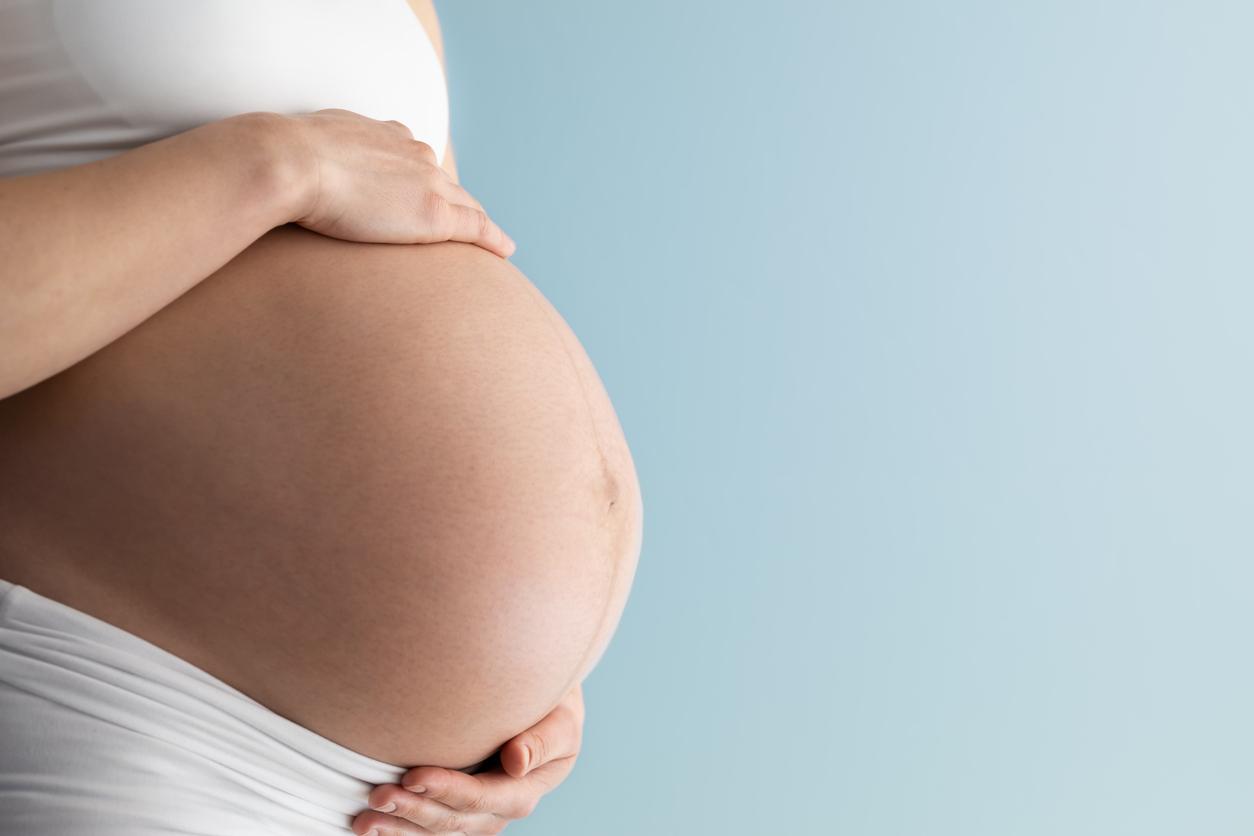The apolipoprotein-ε4 allele, which increases the risk of Alzheimer’s disease, appears to be linked to increased fertility in Amazonian women.

- The Apolipoprotein-ε4 (APOE-ε4) allele is believed to be involved in the formation of protein plaques in the brain, characteristic of Alzheimer’s disease.
- Among the Tsimané, a Native American ethnic group, women carrying this genetic mutation had a higher number of births.
- Participants with the APOE-ε4 allele tended to reproduce almost a year earlier than others and had shorter intervals between births.
The Apolipoprotein-ε4 (APOE-ε4) allele is a genetic mutation associated with an increased risk of various conditions in aging populations, including Alzheimer’s disease and cardiovascular pathologies. Despite these harmful effects at older ages, this allele remains prevalent in approximately 20% of the human population. Recently, researchers at Arizona State University (United States) revealed that this genetic mutation was linked to increased fertility in Amazonian women.
A higher number of births in women carrying APOE-ε4
To reach this conclusion, they carried out a study, the results of which were published in the journal Science Advances. As part of this work, they evaluated the impact of APOE-ε4 on fertility and its immediate determinants (age at first reproduction, intervals between births) among the Tsimané, a Native American ethnic group who live as hunter-gatherer-horticulturists in the Amazon rainforest. The research included 795 women aged 13 to 90, of whom approximately 20% carried the APOE-ε4 allele.
According to the results, participants who were part of this Native American ethnicity and had the APOE-ε4 allele had a higher number of births. Women with at least one genetic mutation had between 0.3 and 0.5 more children than volunteers without the APOE-ε4 allele. Additionally, patients with two APOE-ε4 alleles gave birth to 1.4 to 2.1 additional children. According to the authors, the latter tended to start reproducing and having children earlier and to have shorter intervals between births.

The allele was not eliminated by natural selection due to this effect on fertility
The increased fertility observed in women carrying the APOE-ε4 allele may explain why this genetic mutation has not been eliminated by natural selection, despite its negative health effects. Indeed, the ability to have more children may offset the risks of chronic aging-related diseases associated with this allele. This discovery highlights the importance of understanding the genetic mechanisms that influence fertility and how they may interact with other aspects of health.















